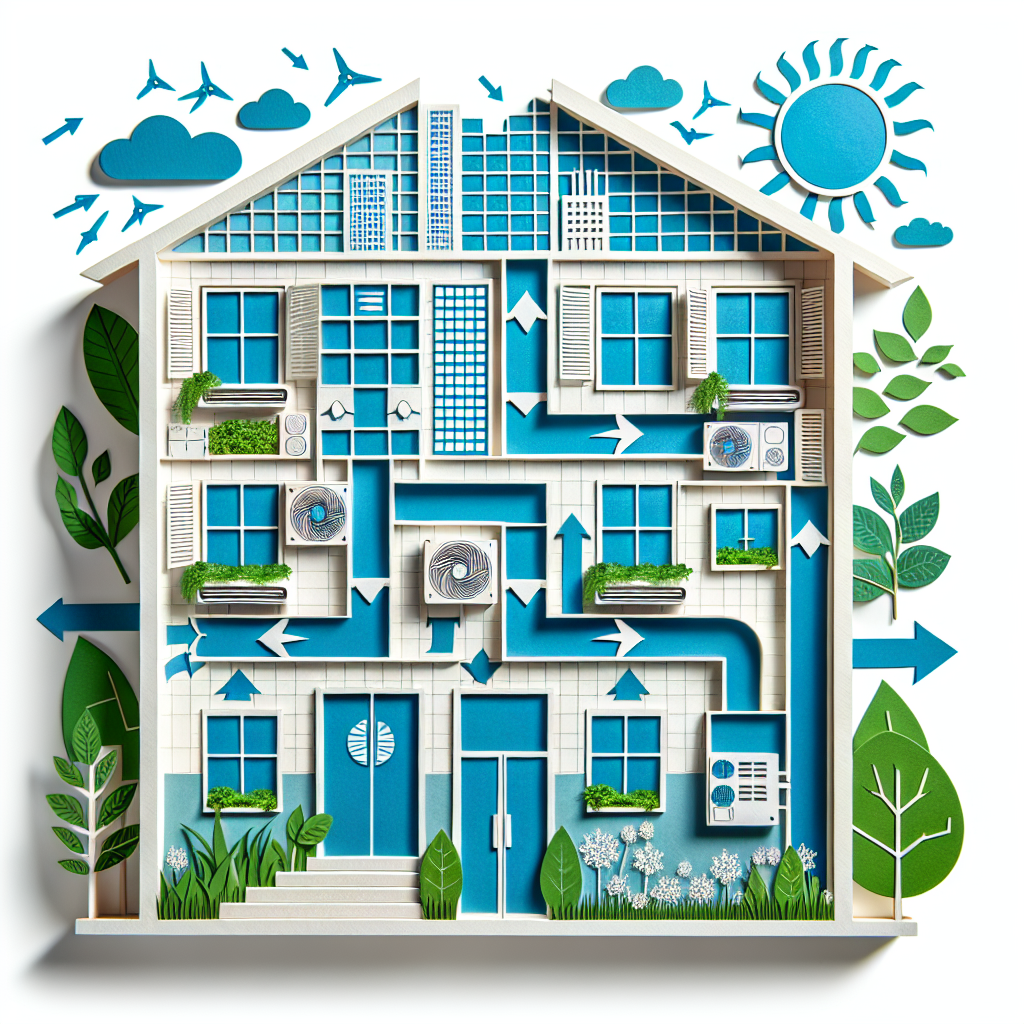When it comes to maintaining good indoor air quality, ventilation plays a crucial role. Proper ventilation helps to ensure that indoor air is fresh, clean, and free from pollutants that can harm our health. Understanding the role of ventilation in promoting air quality is essential for creating a healthy and comfortable indoor environment.
Ventilation is the process of exchanging indoor air with outdoor air to remove pollutants and provide fresh air. There are two main types of ventilation systems: natural ventilation and mechanical ventilation. Natural ventilation relies on the natural flow of air through windows, doors, and other openings in a building, while mechanical ventilation uses fans, ducts, and other equipment to circulate air.
One of the key benefits of ventilation is that it helps to remove pollutants and allergens from indoor air. Indoor air can contain a variety of pollutants, such as dust, pet dander, mold spores, and volatile organic compounds (VOCs) from cleaning products and building materials. These pollutants can irritate the respiratory system and exacerbate conditions like asthma and allergies. By providing a constant supply of fresh air, ventilation helps to dilute and remove these pollutants, creating a healthier indoor environment.
Proper ventilation also helps to control humidity levels in a building. High humidity levels can promote the growth of mold and mildew, which can release spores into the air and cause respiratory issues. On the other hand, low humidity levels can lead to dry skin, irritated eyes, and respiratory problems. Ventilation helps to regulate humidity levels by removing excess moisture from the air, ensuring a comfortable and healthy indoor environment.
In addition to improving air quality and controlling humidity, ventilation also plays a role in regulating indoor temperatures. By bringing in fresh air from outside, ventilation can help to cool a building in the summer and warm it in the winter. This can reduce the need for heating and cooling systems, saving energy and reducing utility costs.
To ensure that ventilation is effectively promoting air quality, it is important to properly maintain ventilation systems. Regularly cleaning and replacing air filters, inspecting ductwork for leaks, and ensuring that fans and vents are functioning properly are all essential for maintaining good indoor air quality. It is also important to consider factors such as outdoor air quality, building design, and occupant behavior when designing a ventilation system.
In conclusion, ventilation plays a crucial role in promoting air quality and creating a healthy indoor environment. By understanding the importance of ventilation and taking steps to maintain ventilation systems, we can ensure that indoor air is fresh, clean, and free from harmful pollutants. Investing in proper ventilation is a key aspect of creating a comfortable and healthy living or working environment.


Leave a Reply